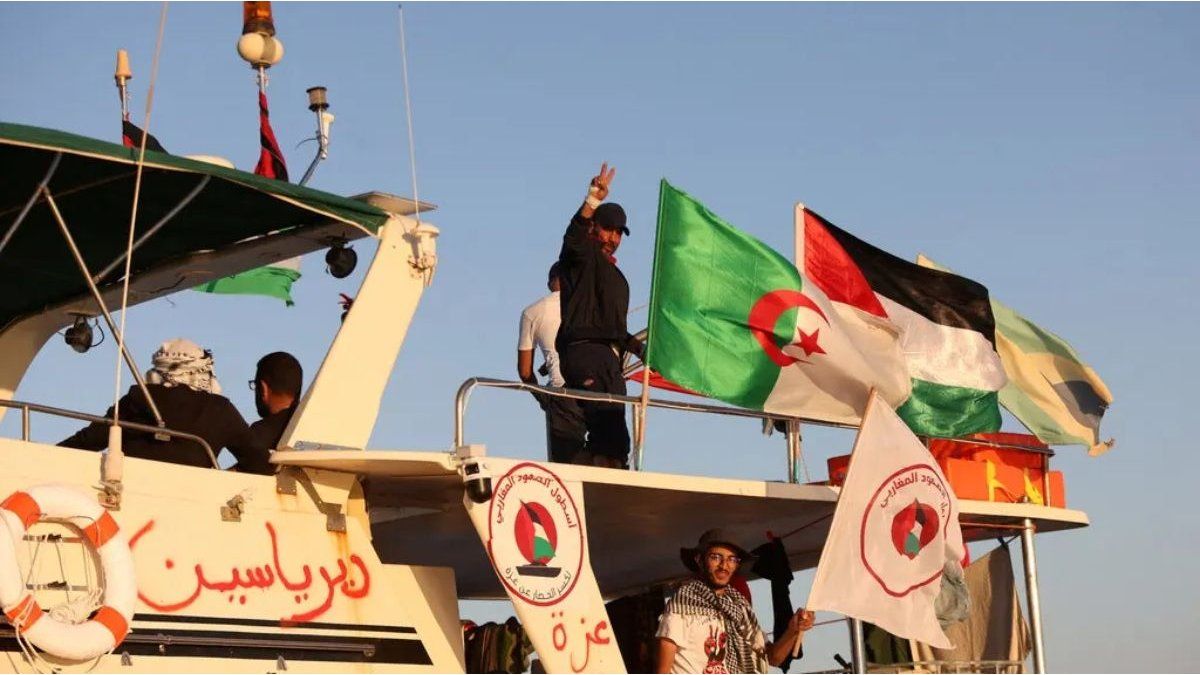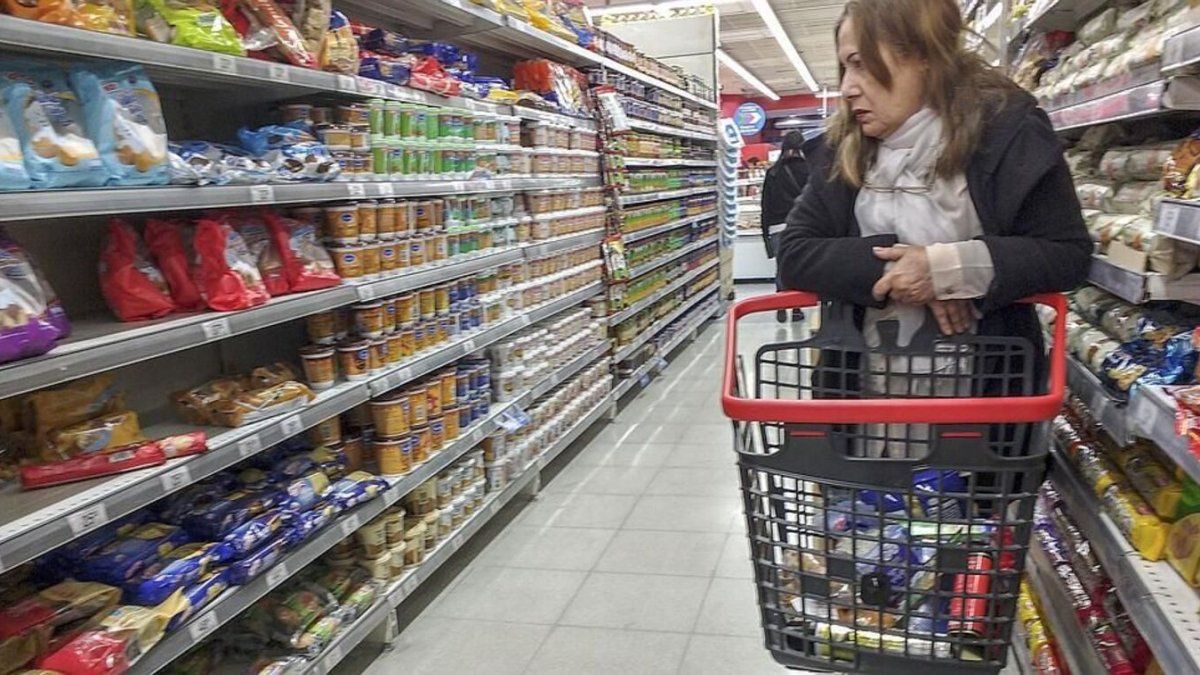The NATO summit in July is supposed to send a signal of unity to Russia. However, the preparations for the top meeting are difficult – also because one of the invited guests has high expectations.
Around a month before the NATO summit in Lithuania, the 31 member states of the military alliance are still struggling to find compromises on controversial top issues. Numerous questions remained unanswered at the end of a two-day meeting of defense ministers in Brussels.
It is still unclear how the different views on a new target for the level of defense spending can be reconciled. In addition, the handling of the accession request of Ukraine attacked by Russia and the search for a successor to NATO Secretary General Jens Stoltenberg are divided.
The ministers were also unable to approve new defense plans to ward off possible Russian attacks as originally planned. According to information from alliance circles, the reason was changes requested by Turkey, which Greece in particular did not want to accept. The two countries have had problems with each other for decades, partly because of the Cyprus conflict.
Pistorius brakes on defense spending targets
In the discussion about defense spending, the main question is how the so-called two percent target should be further developed. This currently envisages that by 2024 all alliance states should approach the benchmark of spending at least two percent of their GDP on defense. Defense Minister Boris Pistorius said Germany would reach the target by 2024 and then stick to it. For the time being, however, the two percent should not be regarded as a “basis”. He cited the difficulties of other countries and the desire not to set targets again for a ten-year period as the reason.
Other countries, on the other hand, again spoke out in Brussels for a much more ambitious target for defense spending. The Estonian Minister Hanno Pevkur, for example, called for the target to be raised to 2.5 percent. US Secretary of Defense Lloyd Austin made it clear that he expects the Vilnius summit to agree on spending more than two percent. The two percent would therefore be the new lower limit.
Difficult search for a Stoltenberg successor
Officially not on the agenda at the defense ministers’ meeting was the question of who should be the successor to NATO Secretary General Jens Stoltenberg. His contract expires at the end of September. In passing, however, it became clear that there is no indication that the NATO states can agree on another candidate. The most recent candidates were Danish Prime Minister Mette Frederiksen and British Defense Minister Ben Wallace. Both are not without controversy.
The argument against Wallace in EU countries is that he has never been head of state or government and does not come from an EU country. Opponents of Frederiksen point out that the important NATO post should not be filled again with someone from the north. The Spanish Prime Minister Pedro Sánchez was recently mentioned as an alternative. He may need a new job after next month’s general election.
Stoltenberg again emphasized that he would not seek another term. However, he did not rule out remaining in office until the jubilee summit to mark the 75th anniversary. This will be organized in Washington next July. Stoltenberg would then be in office for almost ten years.
Compromise for Ukraine in sight
Clear differences of opinion also became clear at the ministerial meeting when dealing with Ukraine’s hopes of joining NATO. Another compromise on the issue that is currently emerging is that all Member States agree not to insist on the usual pre-accession program before possible admission. He, too, is open to it, said Pistorius in Brussels.
Abandoning the Membership Action Plan (Map) is seen as an additional way of accommodating Ukraine at the upcoming NATO summit in Vilnius. The Ukrainian President Volodymyr Zelenskyj, who was invited as a guest, is actually hoping for a concrete invitation to join. In contrast to countries like Lithuania, countries like Germany and the USA do not want to pronounce them. The reason given is concerns about an unpredictable reaction by Russia, which is trying to prevent the country from joining NATO with its war against Ukraine.
New format for cooperation with Ukraine
As early as Wednesday, the NATO states had decided on a new format for cooperation with Ukraine in a written procedure. It envisages upgrading the existing NATO-Ukraine Commission to a NATO-Ukraine Council. This should make it possible to discuss key security issues on an equal footing with the country attacked by Russia and also to make joint decisions. The commission was set up primarily to discuss reforms with Ukraine that are necessary for accession to the western military alliance.
Pistorius said the council would meet for the first time on the sidelines of the NATO summit on July 11-12 in Lithuania. Ukraine now has an equal seat at the Allianz table and is no longer just a guest. This is a clear sign that the future of Ukraine is seen in NATO. At the same time, however, it is clear to everyone involved that the admission of a country that is at war is simply forbidden. “Everyone has to be clear about that, because then NATO would be a direct party to the war,” he said, pointing out that Ukraine could then demand military assistance from the Allies, citing Article 5 of the alliance treaty.
Source: Stern
I have been working in the news industry for over 6 years, first as a reporter and now as an editor. I have covered politics extensively, and my work has appeared in major newspapers and online news outlets around the world. In addition to my writing, I also contribute regularly to 24 Hours World.




